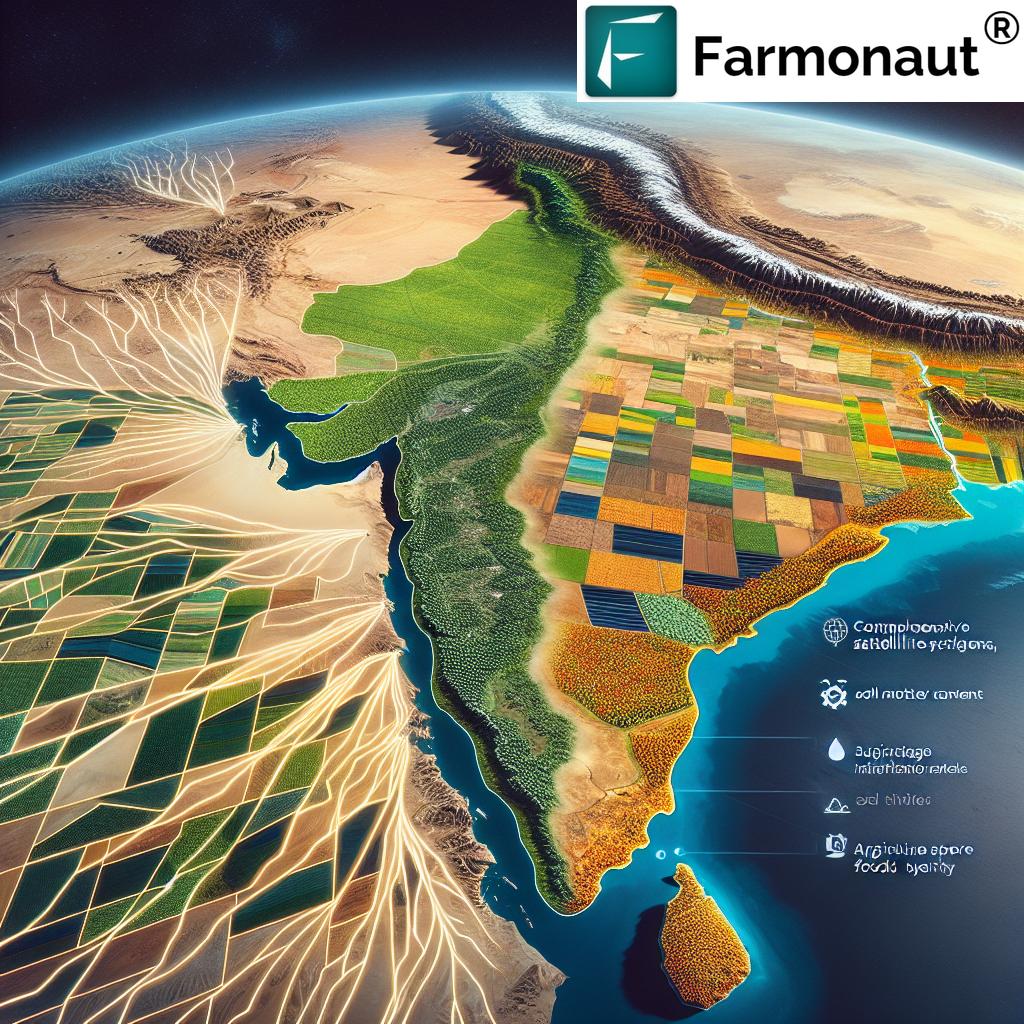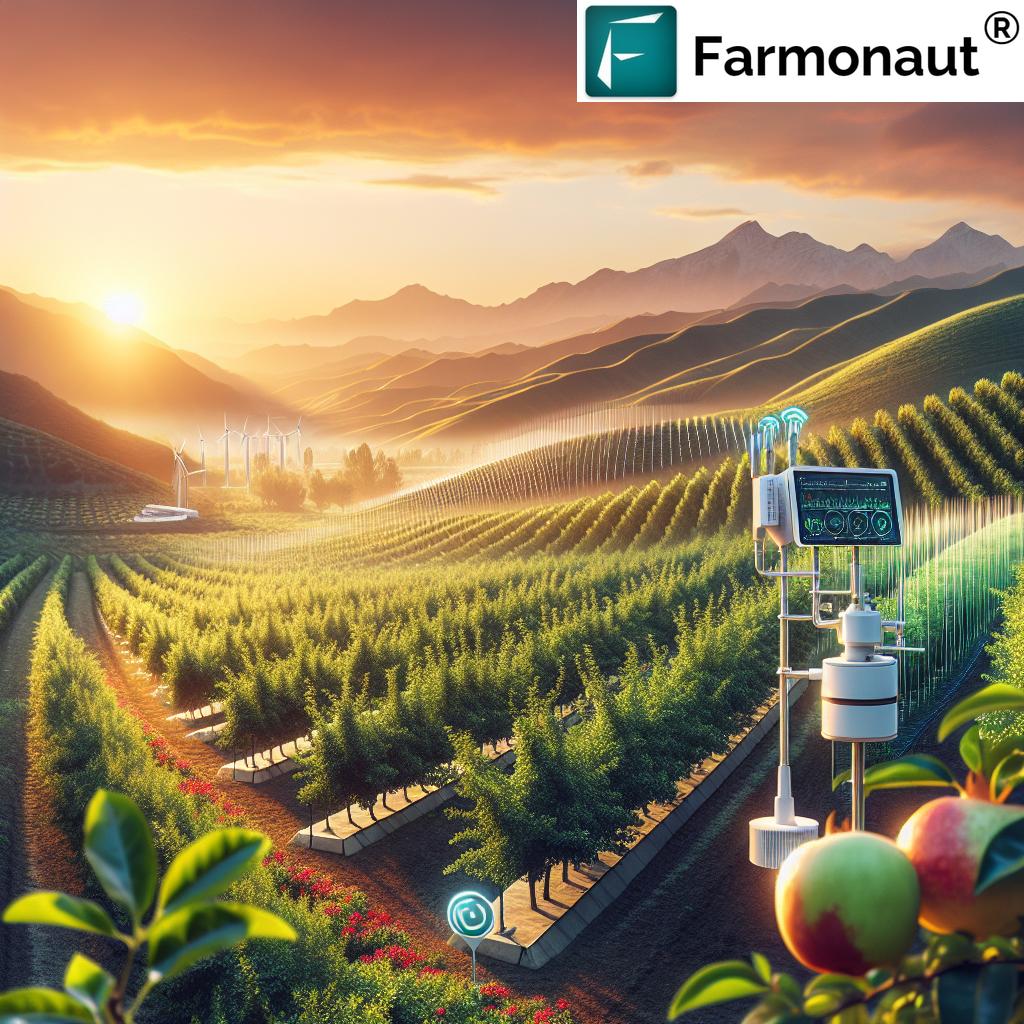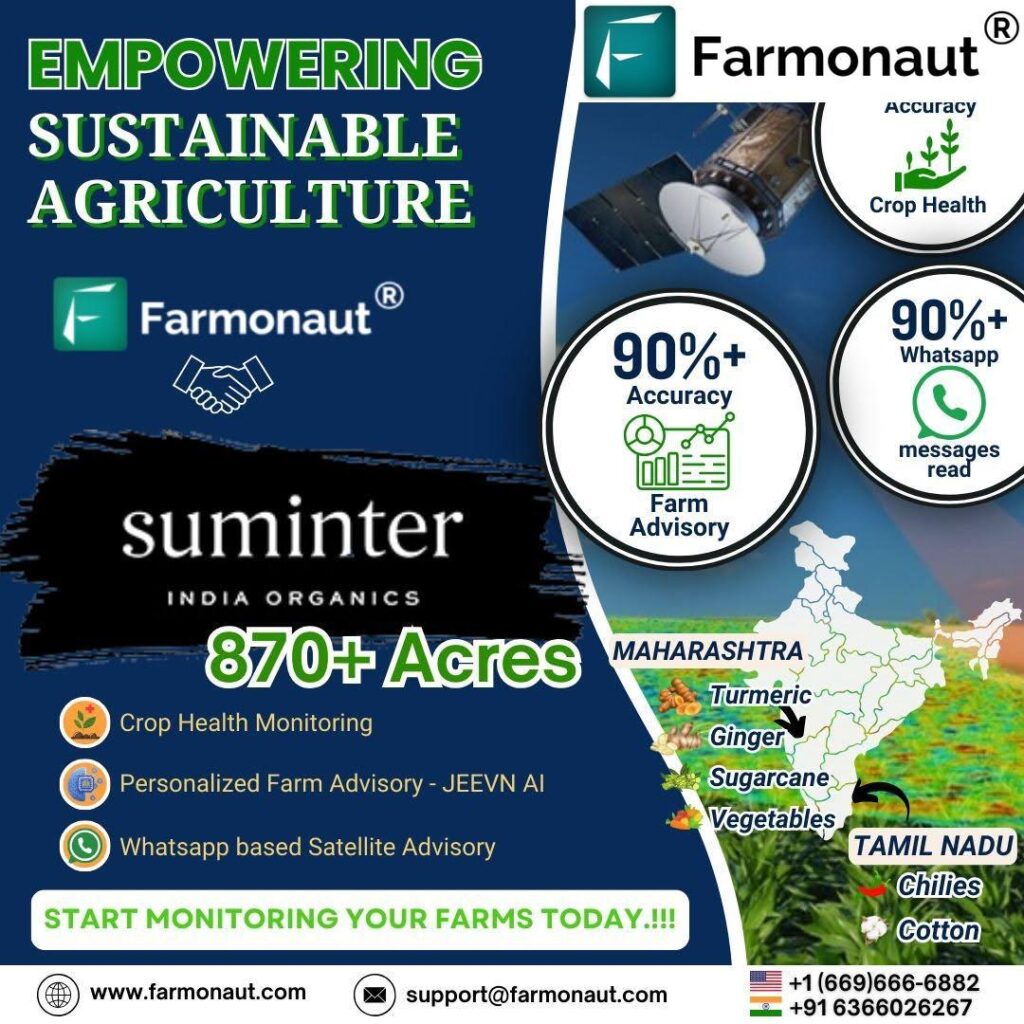Bangladesh Government Approves Major Fertilizer and LNG Procurement to Boost Agricultural Development
“Bangladesh approves procurement of 190,000 metric tons of fertilizer and 50,000 metric tons of wheat to boost agricultural development.”
In a significant move towards strengthening agricultural development and energy security, the Bangladesh government has recently approved major procurement proposals for fertilizers, wheat, and LNG. This comprehensive strategy reflects the country’s commitment to food security and sustainable agricultural growth. As we delve into the details of this pivotal decision, we’ll explore its implications for the nation’s agricultural sector and overall economic landscape.
The Scale of Procurement: A Closer Look
The Advisers Council Committee on Government Purchase has greenlit the acquisition of substantial quantities of essential agricultural inputs:
- 190,000 metric tons of fertilizer
- 50,000 metric tons of wheat
These procurements are aimed at meeting the growing national demand and ensuring a stable supply of crucial agricultural resources. Let’s break down the specifics of these acquisitions and their significance for Bangladesh’s agricultural sector.
Fertilizer Procurement: Enhancing Soil Nutrition
The fertilizer procurement strategy involves importing various types of fertilizers from international sources:
- TSP (Triple Superphosphate) from Morocco: This phosphate-rich fertilizer is essential for root development and overall plant growth.
- Urea from Saudi Arabia: Urea is a crucial nitrogen source, vital for leaf growth and chlorophyll production.
These international partnerships in crop nutrient supply showcase Bangladesh’s proactive approach to securing essential agricultural inputs. The diversification of sources also helps in mitigating supply chain risks and ensuring a steady flow of fertilizers to meet domestic demands.
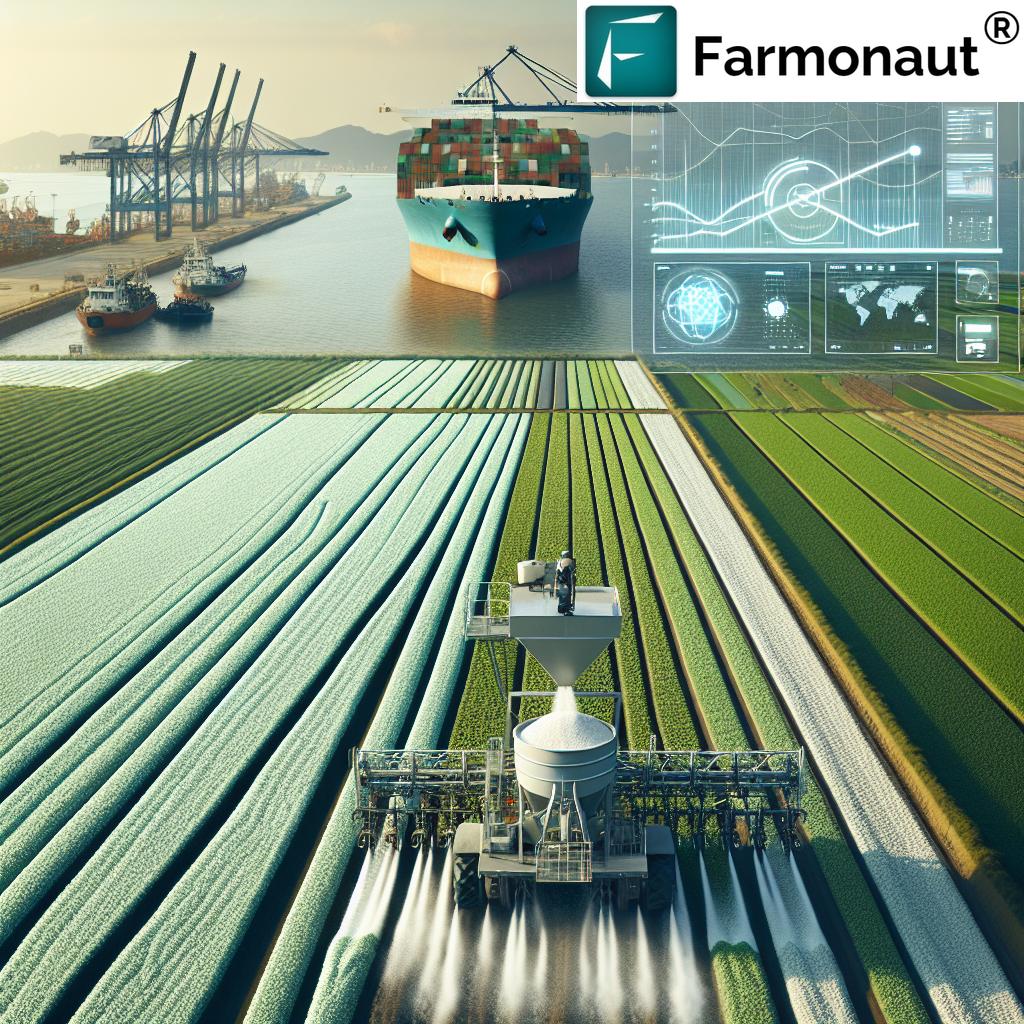
Key Players in the Procurement Process
Two major government agencies are spearheading these purchases to bolster the country’s agricultural sector:
- Bangladesh Agricultural Development Corporation (BADC): Responsible for the procurement and distribution of seeds, fertilizers, and other agricultural inputs.
- Bangladesh Chemical Industries Corporation (BCIC): Tasked with managing the import and production of various chemical products, including fertilizers.
These organizations play a crucial role in ensuring that the procured fertilizers reach farmers efficiently, contributing to increased agricultural productivity across the nation.
Wheat Procurement: Securing Food Staples
In addition to fertilizers, the government has approved the procurement of 50,000 metric tons of wheat. This decision is crucial for several reasons:
- Ensuring food security by maintaining adequate wheat reserves
- Stabilizing domestic wheat prices
- Meeting the growing demand for wheat-based products in Bangladesh
The procurement of wheat through international tenders demonstrates the government’s commitment to diversifying its food sources and reducing dependency on a single supplier.
LNG Procurement: Addressing Energy Needs
Recognizing the importance of energy security in supporting agricultural and industrial growth, the government is also securing LNG cargos from the spot market. This strategic move aims to:
- Ensure a stable energy supply for various sectors, including agriculture
- Support power generation for irrigation and agricultural processing
- Maintain a balance between energy demand and supply in the country
The procurement of LNG from the spot market allows Bangladesh to take advantage of favorable market conditions and secure energy resources at competitive prices.
“The government’s fertilizer imports include TSP from Morocco and urea from Saudi Arabia, diversifying international partnerships in crop nutrient supply.”
Impact on Agricultural Development
The comprehensive procurement strategy is expected to have far-reaching effects on Bangladesh’s agricultural sector:
- Enhanced Crop Yields: Adequate fertilizer supply will help farmers optimize their crop production.
- Food Security: Wheat procurement ensures a stable supply of this staple grain.
- Price Stability: By securing essential inputs, the government can help stabilize prices of agricultural commodities.
- Support for Farmers: Timely availability of fertilizers and other inputs will benefit farmers across the country.
These initiatives align with Bangladesh’s long-term goals of achieving self-sufficiency in food production and supporting rural development.
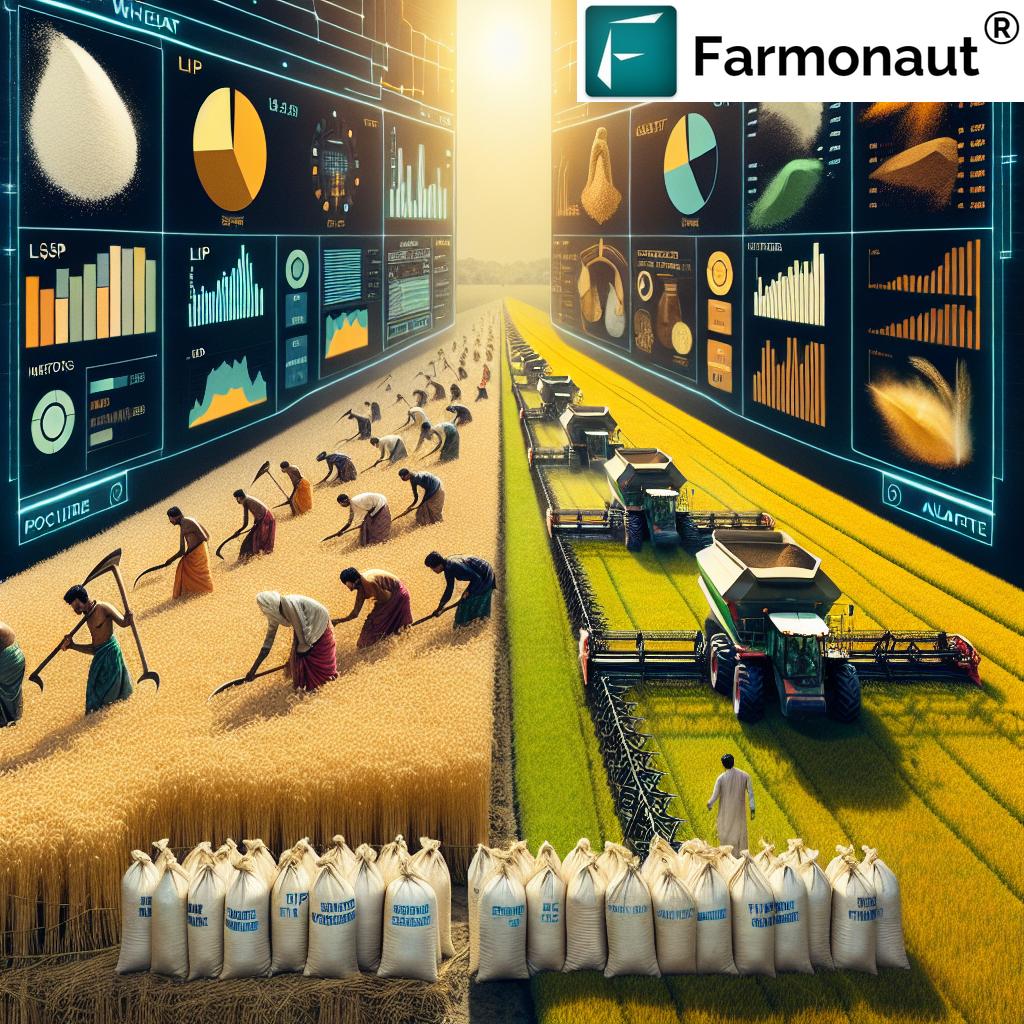
Leveraging Technology for Agricultural Efficiency
While the government’s procurement efforts are crucial, integrating modern agricultural technologies can further enhance the impact of these initiatives. Precision agriculture solutions, such as those offered by Farmonaut, can complement these efforts by optimizing fertilizer use and crop management, ultimately enhancing overall agricultural productivity in the region.
Farmonaut’s satellite-based farm management solutions provide valuable tools for farmers and agricultural stakeholders:
- Real-time crop health monitoring
- AI-based advisory systems for optimal resource utilization
- Precision agriculture techniques for efficient fertilizer application
By combining government initiatives with advanced agricultural technologies, Bangladesh can pave the way for a more sustainable and productive agricultural sector.
Financial Implications and Economic Impact
The procurement of fertilizers, wheat, and LNG represents a significant investment by the Bangladesh government. While the exact figures in taka or crore are not specified, it’s important to consider the following economic aspects:
- Budget Allocation: These procurements likely constitute a substantial portion of the agricultural and energy sector budgets for the fiscal year.
- Foreign Exchange Utilization: International purchases of fertilizers and LNG impact the country’s foreign exchange reserves.
- Long-term Economic Benefits: Investments in agricultural inputs and energy resources are expected to yield long-term economic benefits through increased agricultural productivity and industrial growth.
The government’s willingness to make these substantial investments underscores the critical importance of agriculture and energy security in Bangladesh’s overall economic strategy.
International Partnerships and Trade Relations
The procurement of fertilizers from Morocco and Saudi Arabia, as well as the international tender for wheat, highlights Bangladesh’s engagement in global agricultural trade. These partnerships offer several advantages:
- Diversification of supply sources, reducing dependency on a single region
- Potential for knowledge exchange and technological cooperation in agriculture
- Strengthening of diplomatic and economic ties with partner countries
As Bangladesh continues to expand its international agricultural partnerships, it positions itself as an active player in the global agricultural market.
Challenges and Considerations
While the procurement strategy is a positive step, it’s important to acknowledge potential challenges:
- Price Fluctuations: International commodity prices for fertilizers and LNG can be volatile, affecting procurement costs.
- Storage and Distribution: Efficient storage and distribution systems are crucial to ensure that procured resources reach farmers timely.
- Environmental Considerations: Balancing increased fertilizer use with sustainable agricultural practices is essential for long-term soil health.
Addressing these challenges will be crucial for maximizing the benefits of the procurement strategy.
Explore Farmonaut’s API for agricultural data integration
Role of Technology in Modern Agriculture
As Bangladesh moves forward with its agricultural development plans, integrating modern technologies becomes increasingly important. Precision agriculture tools can play a significant role in optimizing the use of procured fertilizers and improving overall farm productivity.
Key technological advancements in agriculture include:
- Satellite-based crop monitoring systems
- AI-driven farm management solutions
- IoT devices for soil and crop health monitoring
- Data-driven decision support systems for farmers
These technologies can help farmers make more informed decisions about fertilizer application, irrigation, and crop management, thereby maximizing the impact of government procurements.
Future Outlook for Bangladesh’s Agricultural Sector
The recent procurement approvals set a positive tone for the future of Bangladesh’s agricultural sector. Looking ahead, we can anticipate:
- Continued government focus on agricultural inputs and energy security
- Increased adoption of precision agriculture technologies
- Growing emphasis on sustainable farming practices
- Further diversification of international agricultural partnerships
These developments are likely to contribute to Bangladesh’s goal of achieving sustainable agricultural growth and food security.
Access Farmonaut’s API Developer Documentation
Complementing Government Efforts with Precision Agriculture
While the government’s procurement strategy lays a strong foundation for agricultural development, complementing these efforts with precision agriculture solutions can significantly enhance their impact. Farmonaut’s advanced agricultural technologies offer several benefits that align with the goals of the procurement initiative:
- Optimized Fertilizer Use: Satellite-based crop health monitoring can help farmers apply fertilizers more efficiently, maximizing the benefit of the procured resources.
- Data-Driven Decision Making: AI-powered advisory systems provide farmers with actionable insights, improving overall farm management.
- Resource Conservation: Precision agriculture techniques can lead to more sustainable use of water and other inputs, aligning with long-term environmental goals.
- Yield Optimization: By providing real-time crop health information, these technologies can help farmers take timely actions to maximize yields.
Integrating such advanced agricultural solutions with the government’s procurement efforts can create a synergistic effect, driving Bangladesh’s agricultural sector towards greater productivity and sustainability.
Educational Initiatives and Capacity Building
To fully leverage the benefits of the procured agricultural inputs and modern farming technologies, it’s crucial to focus on educational initiatives and capacity building for farmers. This could include:
- Training programs on optimal fertilizer application techniques
- Workshops on using precision agriculture tools and interpreting data
- Demonstration farms showcasing best practices in crop management
- Extension services to provide ongoing support and advice to farmers
By empowering farmers with knowledge and skills, Bangladesh can ensure that the investments in fertilizers and agricultural technologies translate into tangible improvements in farm productivity and sustainability.
Environmental Considerations and Sustainable Agriculture
As Bangladesh ramps up its fertilizer procurement and agricultural development efforts, it’s essential to balance productivity goals with environmental sustainability. Here are some key considerations:
- Soil Health: Proper fertilizer management to maintain long-term soil fertility
- Water Management: Efficient irrigation practices to conserve water resources
- Biodiversity: Promoting crop diversity and integrated pest management
- Carbon Footprint: Exploring ways to reduce the carbon footprint of agricultural activities
Incorporating these environmental considerations into agricultural policies and practices will be crucial for ensuring the long-term sustainability of Bangladesh’s agricultural sector.
Conclusion: A Holistic Approach to Agricultural Development
The Bangladesh government’s approval of major fertilizer and LNG procurement marks a significant step towards boosting agricultural development and ensuring energy security. By securing essential inputs like fertilizers and wheat, and addressing energy needs through LNG procurement, Bangladesh is laying a strong foundation for sustainable agricultural growth.
However, the success of these initiatives will depend on their effective implementation, coupled with the adoption of modern agricultural technologies and sustainable farming practices. The integration of precision agriculture solutions, such as those offered by Farmonaut, can play a crucial role in optimizing the use of procured resources and enhancing overall agricultural productivity.
As Bangladesh moves forward with these initiatives, it’s essential to maintain a balanced approach that considers economic, environmental, and social factors. By combining government support, technological innovation, and sustainable practices, Bangladesh can pave the way for a more resilient and productive agricultural sector, contributing to the nation’s food security and economic development.
Fertilizer and LNG Procurement Summary
| Item | Quantity | Source Country | Procuring Agency |
|---|---|---|---|
| TSP Fertilizer | Part of 190,000 MT | Morocco | BADC/BCIC |
| Urea Fertilizer | Part of 190,000 MT | Saudi Arabia | BADC/BCIC |
| Wheat | 50,000 MT | International Tender | Government of Bangladesh |
| LNG | Not Specified | Spot Market | Energy and Mineral Resources Division |
FAQ Section
Q1: Why is the Bangladesh government procuring such large quantities of fertilizer?
A1: The government is procuring large quantities of fertilizer to meet the growing national demand, ensure food security, and support agricultural development. This procurement aims to provide farmers with essential nutrients for crop production and maintain stable fertilizer supplies.
Q2: How will the procurement of wheat benefit Bangladesh?
A2: The procurement of 50,000 metric tons of wheat will help ensure food security, stabilize domestic wheat prices, and meet the increasing demand for wheat-based products in Bangladesh. It also reduces dependency on a single supplier by diversifying food sources.
Q3: What role does LNG procurement play in agricultural development?
A3: LNG procurement supports agricultural development by ensuring a stable energy supply for various sectors, including agriculture. It helps in power generation for irrigation systems and agricultural processing, maintaining a balance between energy demand and supply in the country.
Q4: How can precision agriculture technologies complement these procurement efforts?
A4: Precision agriculture technologies, such as those offered by Farmonaut, can optimize the use of procured fertilizers through satellite-based crop monitoring, AI-driven advisory systems, and data-driven decision support. This leads to more efficient resource utilization and improved crop yields.
Q5: What are the environmental considerations in this procurement strategy?
A5: While the procurement strategy focuses on boosting agricultural productivity, it’s important to balance this with sustainable practices. This includes proper fertilizer management for long-term soil health, efficient water use, promoting biodiversity, and exploring ways to reduce the carbon footprint of agricultural activities.












